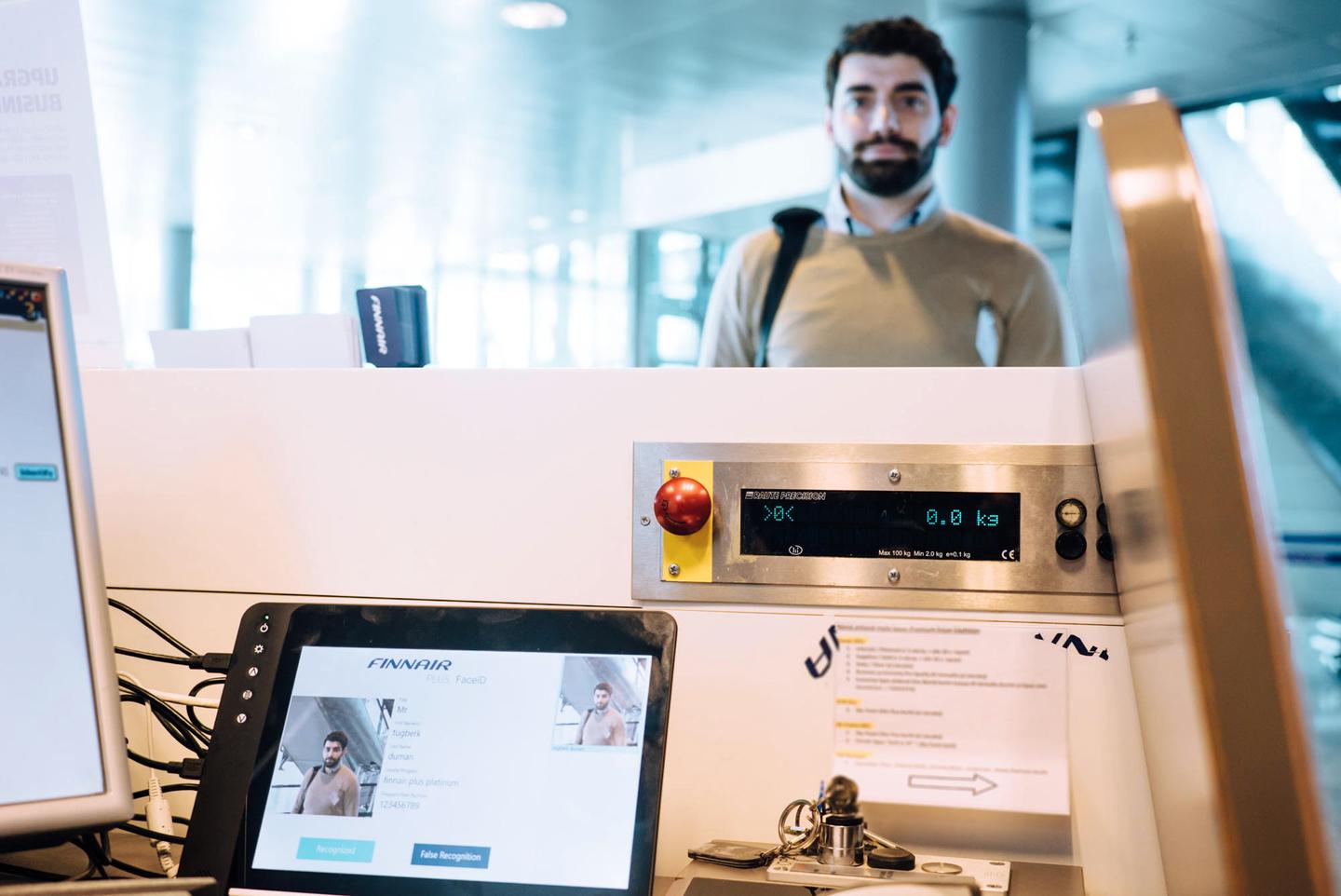Confessions Of A Recovering Car-a-holic
As long as I can remember, I’ve been fascinated by cars. My love of cars runs deep and wide. I’ve never been particularly picky. As a child growing up in eastern Europe, I loved cars of all kinds and wanted to be a car designer. Money was really the only thing holding me back. There was no way I could afford even the cheapest practical automobile as a student. I’m now at a stage in life where owning a decent car is, for the first time, a realistic option and I’m struggling with the idea.

What happened?
I think it’s a combination of two things: growing up to become more aware of the realities of car ownership and times changing in a way that offers lots more alternatives that provide access to mobility without having to own a car. Millennials are growing up in a different world and automotive companies need to adapt. Fast.
Car ownership is, of course, a highly subjective topic and whether or not it’s worth it depends on the needs and situation of each individual person or family. If my situation was different, if I had children or lived in a less densely populated area, I might feel differently, but I’m pretty sure my experience is representative of many other millennials living in bigger cities.
The ownership reality check I experienced mostly involved incredibly mundane stuff. Keeping a car is expensive and it sits idle most of the time. Traffic jams are something you don’t pay attention to as a child. As a grownup, you realize they are unavoidable and a huge time sink. Then there’s parking, which eats up money and time.
With age and as the world has changed, I’ve come to feel that mobility is the heart of the matter - not the car.
If I set out to think about my needs in terms of getting from point A to point B, the world is changing fast and there are many alternatives to car ownership available now that I couldn’t have dreamed of even ten years ago. The alternatives are enabled by technology and the fact that millennials are not that attached to the idea of car ownership and much more likely to trust new services.
Uber, Lyft, and others offer a quick and cheap way to travel within the city. These disruptive services have also had an impact on the prices and digital service level offered by traditional taxi companies.
Subscription models may sound very strange at first, but if we are already using the model for everything from entertainment to software tools, why not cars? Car-sharing operates in a similar vein and here in Stuttgart, Reach Now is one of the most cost-effective solutions to getting around. Globally, car-sharing services that have entered the market over the last few years have not done as well as expected. It’s possible that they may turn out to be just a step towards future services that better answer the question of how to offer users freedom and convenient mobility while reducing the number of cars in cities.
At the rate things are changing in mobility right now, we can expect services we can’t even imagine right now in the near future.
A disclaimer: what I’ve done here is write down the pros and cons of owning a car. The one thing I left out is the 5-year old inside me, whose passion for cars still burns bright. So, while buying a car right now would be a terrible idea, it doesn’t mean I won’t someday. The reasons will be different from what I imagined as a child. Odds are it will be more of a hobby, an object of desire, something to appreciate almost purely from an aesthetic perspective.
I’ll love it, but I’ll still rather use convenient and well-designed mobility services to get around in my everyday life. Maybe in the future, there will be a service that combines my need for easy access to mobility with my deep and abiding love for cars.
You would like to dig deeper and learn more about the changing mobility market? Continue to read on our mobility page.
- Bence AgostonDesigner


